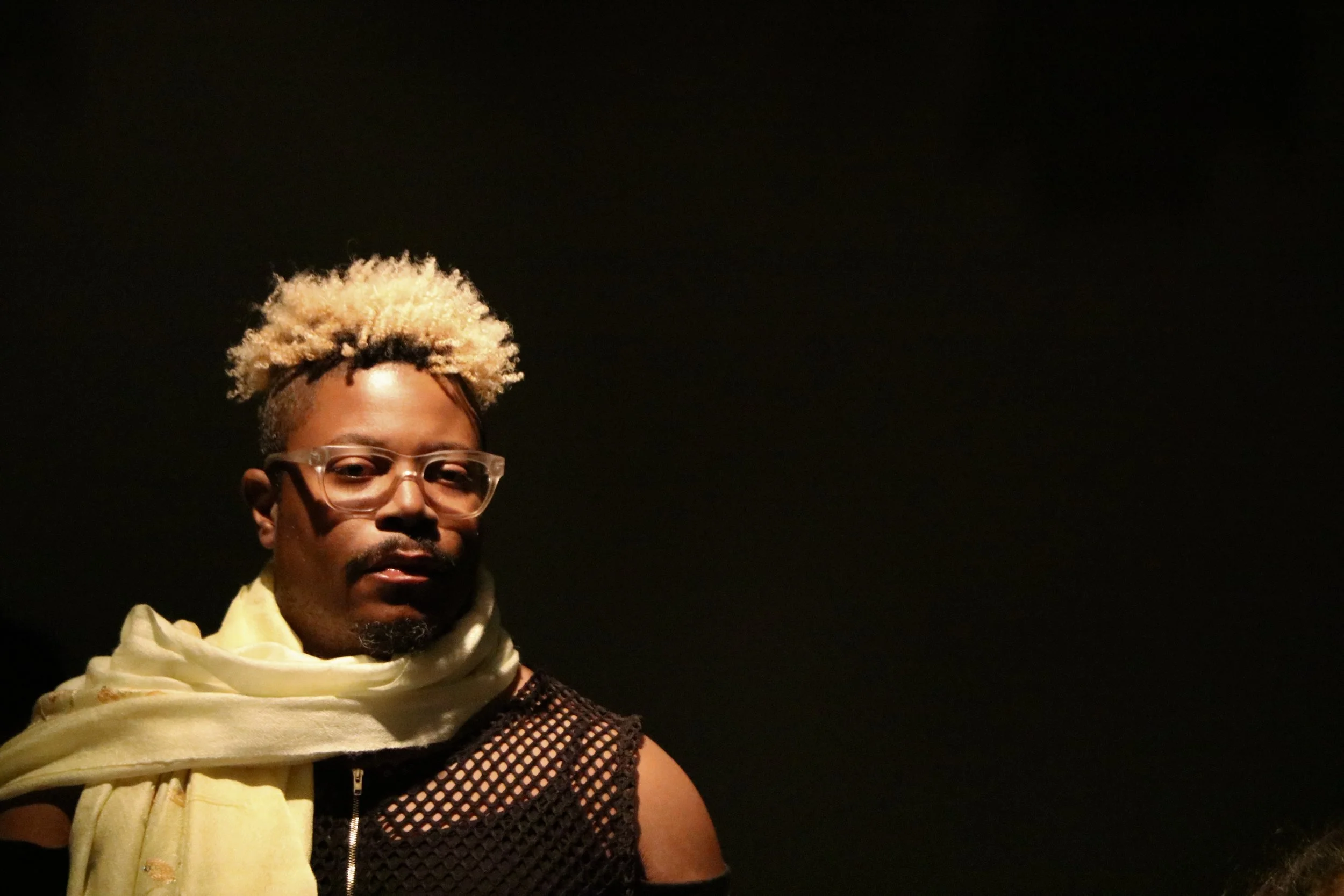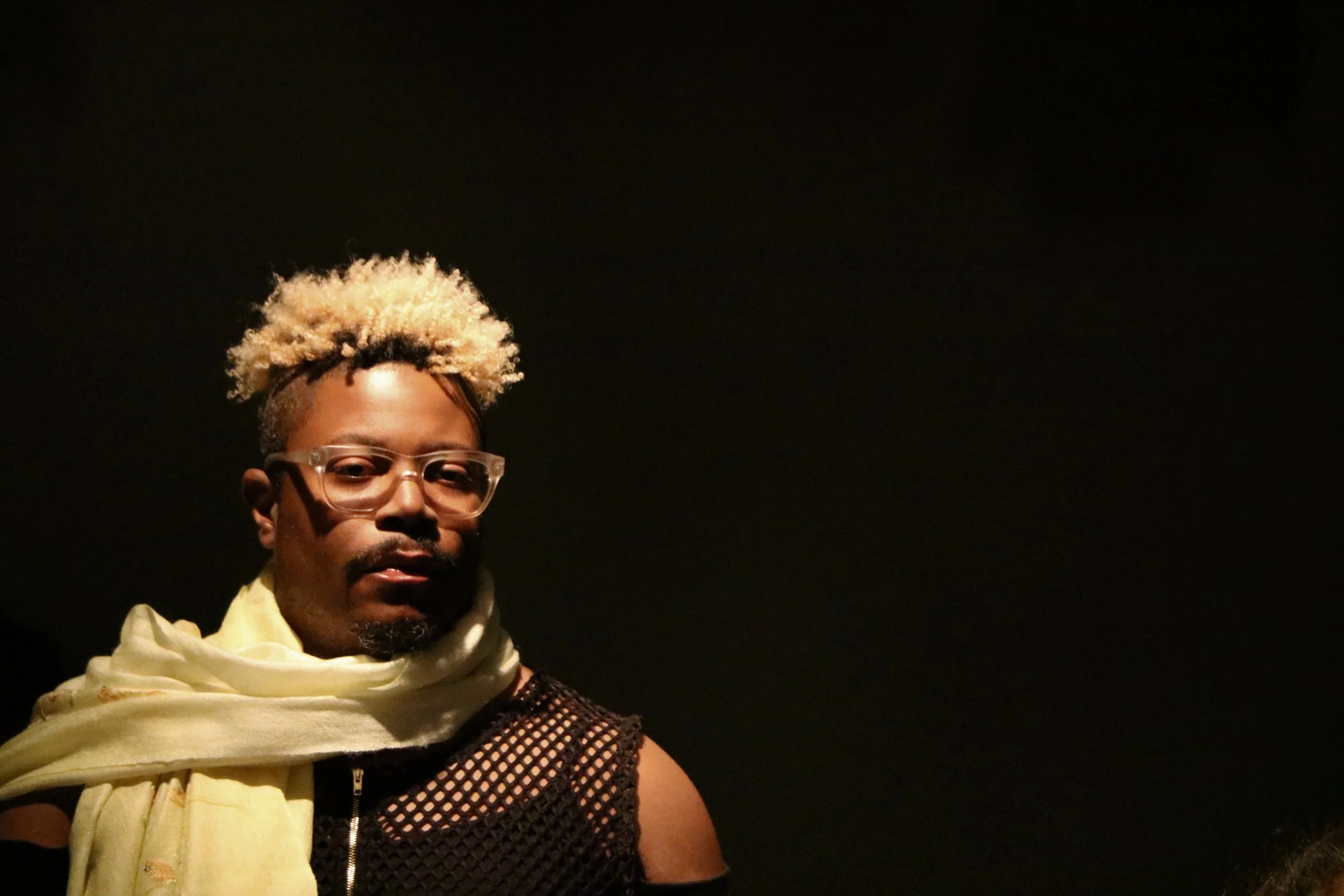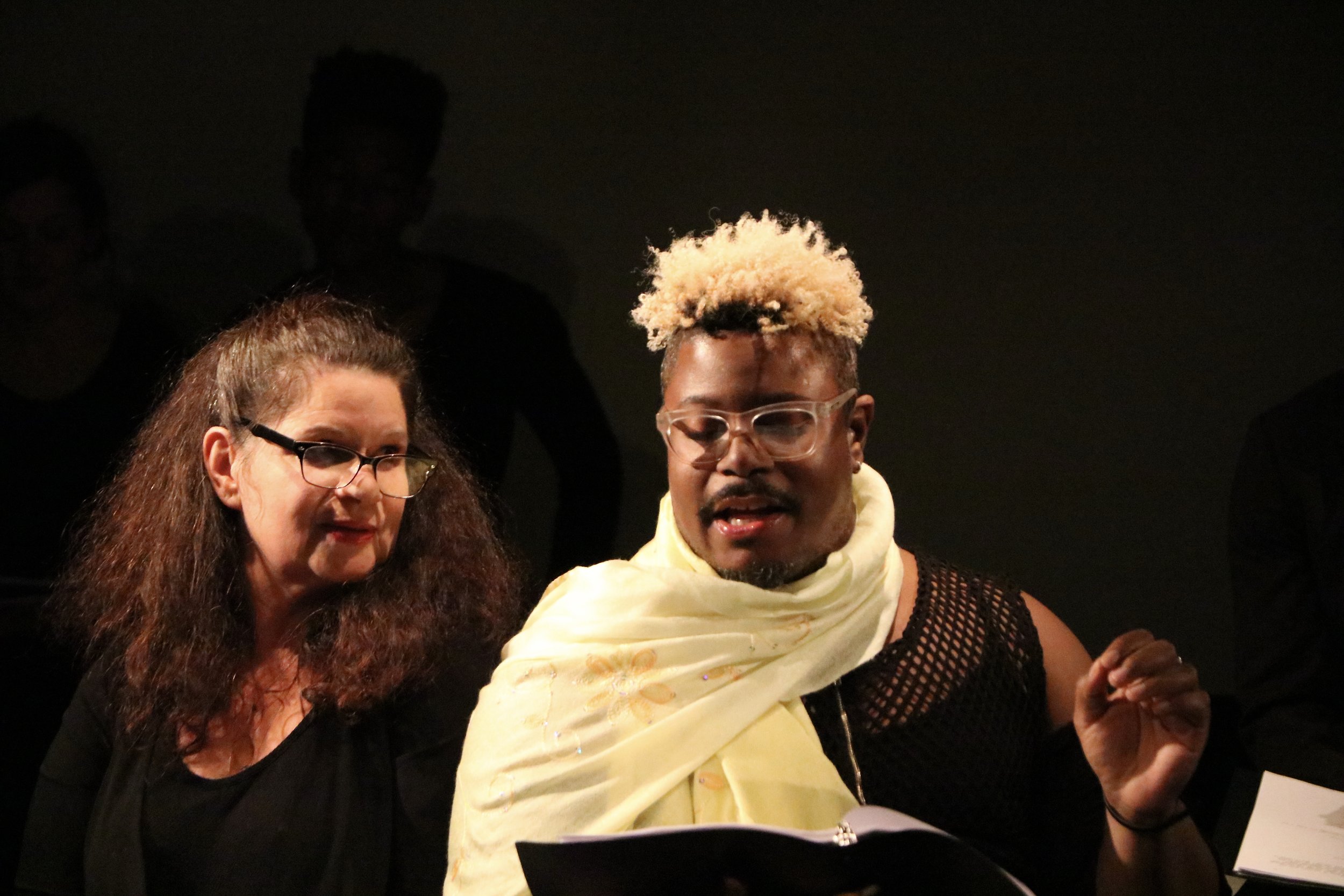The H.E.A.T. Collective was founded by Artistic Director Jessica Litwak to create, advocate and inspire artistic expression rooted in healing, education, activism, and theatre. We work to build collectives in every context: in our performances, workshops and community events. Engaging artists across the world, we aim for powerful bridge building art of courageous generosity. In this series, guest experts will write a piece representing each letter of H.E.A.T. - week one will be healing, week two is education, week three is activism, and the last week of the month is theatre. Together these pieces will highlight the work that is being done across all aspects of The H.E.A.T. Collective in the hopes that we can ignite dialogue, spark further exploration, and encourage more people to get involved.
What does it mean to me to be an educator? To me, being an educator is a sacred calling – the same type of calling that those who go into medicine or the priesthood or even the law (yes, I will consider that a sacred profession in this case) feel. It is more than a job, it is a mission. For me, the mission of education in the year of 2018 must extend beyond giving information to students and hoping they will memorize it for a test. For me, my job as an educator is to assist students in not only knowing what they think but why they think what they think. My responsibility is to lead them towards being critical thinkers who will care about the world they enter into once they graduate. The mission of the H.E.A.T. collective reflects my belief (fortified by my years as an artist, professor and researcher) that theater has the power to heal, that it is a powerful form of activism and that education plays a part in that healing and activism. As a matter of fact, I see my presence in the theater classroom as my largest form of activism.
I love teaching world history and critical theory through the lens of theater. Reading plays, watching plays, making performance. . . can connect us with our past, help us understand our present and to imagine a better future. Theater can connect us with people and communities we otherwise are never exposed to. Theater allows us to travel around the world without ever leaving our classroom. And theater can inspire us to travel beyond our worlds both geographical and figurative once we are out of the classroom.
One of my favorite comments I get from students (and I have been fortunate enough to hear it more than once) is that they have learned as much if not more about a topic in our theater history course as they have in a “straight” history or critical theory course. I think one of the reasons why theater can connect us with “the other” in a particularly impactful way is that in order to make good theater we have to understand “the other.” If you are playing the “bad guy” in a play, you have to understand and empathize with that character because you are that character. You have to understand why your character is the way they are. It is all too easy to judge others these days, but theater invites us to understand what makes people tick.
I have learned time and time again not to underestimate the power of theater in the classroom. I took a workshop with Augusto Boal and our Theater of the Oppressed group was focused on convincing the “powers that be” of the importance of theater within society. Finally, I said, “I think we are approaching this all wrong. We are assuming the issue is that the powers that be don’t understand the power and importance of theater. What if the issue is that they do understand it and they don’t want young people who are trained to question “the norm”?”
I don’t think it is any accident that tyrannical regimes find artists so threatening. The cuts to funding we have seen to the arts over the past few decades reflect what I would consider to be a larger attempt to diminish the number of critically thinking citizens we have in this country. At the end of the day, my job as the teacher is to remind students of the power of theater and to help them connect with their own power.
Dr. Katherine Jean Nigh is an artist/activist/scholar. She received her PhD from Arizona State University’s Theatre and Performance of the Americas program (2011). She has been a Professor in Theatre and Performance at Temple University,Arizona State University, Whittier College and Florida State University. She has worked with the Hemispheric Institute (NYU) in the implementation of the Institute’s Digital Video Library. She is a performer, director, dramaturg, producer, and performance artist. Her research and publications focus on theater as a tool for social change/justice; performance of grief and mourning; national constructions of citizenship and belonging; and performance focused on race/gender and sexuality. Her book, Performing Contested Memories: Memory and Performance After the Peruvian Truth and Reconciliation Commission is under contract with Seagull Press. Her podcast, My Year Without A Man (interviews with womxn in the fields of theater and performance), can be found at www.soundcloud.com/myyearwithoutaman






















